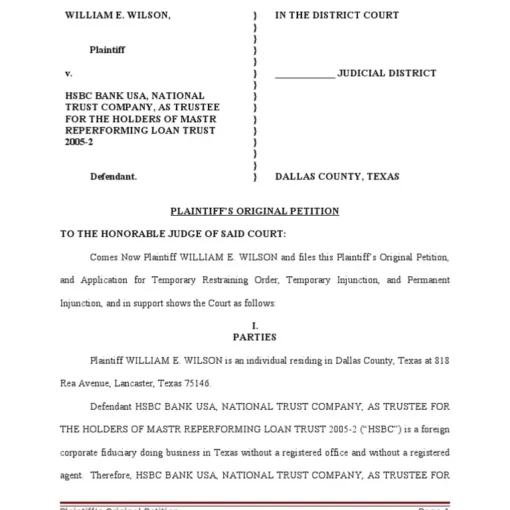Intertwining complex legal dynamics and family welfare, the impact of a pending Child Protective Services (CPS) case in the USA transcends mere legalities. From potential legal consequences to the delicate matter of parental rights, navigating such scenarios demands a nuanced understanding of both legal frameworks and the intricacies of family dynamics.
If You Leave The State With An Open Cps Case Pending, What Happens?
1. Legal Ramifications:
Leaving the state with an open CPS case can have legal consequences. Your case is likely to be under the jurisdiction of the state where the allegations were reported. By relocating, you may violate court orders or complicate legal proceedings. This could lead to charges of custodial interference or even endangerment.
2. Warrant for Arrest:
If there are pending court hearings or required appearances related to the CPS case, leaving the state without proper authorization might result in a warrant for your arrest. This can escalate the legal issues you’re facing, potentially leading to more severe consequences.
3. Impact on Custody Arrangements:
In cases where custody is a concern, leaving the state can affect existing custody arrangements. The court may view your actions as a disregard for the legal process, potentially impacting your standing in custody proceedings. It might also be used against you in determining the best interests of the child.
4. Complications in Communication with CPS:
CPS investigations typically involve ongoing communication and cooperation. Leaving the state can complicate this process, making it challenging for CPS workers to assess the situation and ensure the child’s safety. Lack of cooperation may negatively influence the agency’s perception of your commitment to resolving the issues at hand.
5. Court Sanctions and Penalties:
Departing the state without court approval may lead to sanctions and penalties imposed by the court. This could include fines, community service, or other punitive measures. Non-compliance with court directives can significantly impact your legal standing and the outcome of the CPS case.
6. Loss of Parental Rights:
If the CPS case involves serious allegations of abuse or neglect, leaving the state might be viewed as an attempt to evade responsibility. This can jeopardize your parental rights, and the court may decide that it is in the best interest of the child to limit or terminate those rights. Losing parental rights has profound and lasting consequences.
7. Difficulty in Obtaining Legal Representation:
Being physically distant from the jurisdiction where the CPS case is ongoing can make it challenging to secure legal representation. Local attorneys may be more familiar with the relevant laws and procedures, and having legal representation is crucial in navigating the complexities of CPS cases.
8. Interference with Reunification Plans:
CPS cases often involve reunification plans designed to address and rectify the issues that led to the agency’s involvement. Leaving the state can disrupt these plans, making it difficult to fulfill court-ordered requirements. This may result in a delay in the reunification process or even the termination of parental rights.
Navigating a CPS case requires careful consideration of legal obligations and cooperation with the authorities involved. It is essential to communicate openly with your attorney and follow legal procedures to address the concerns raised by CPS. Failure to do so may exacerbate the situation and lead to more severe consequences.
My Child Called CPS (Child Protective Services) On Me, What Do I Do?
My Lawyer Told Me To Lie: Potential Impact and Actions To Consider
Frequently Asked Questions
1. What Triggers a CPS Investigation?
– CPS investigations are typically initiated in response to reports of suspected child abuse or neglect. These reports can come from various sources, such as teachers, healthcare professionals, neighbors, or concerned family members. Factors like physical abuse, neglect, domestic violence, or substance abuse may trigger an investigation.
2. How Long Does a CPS Investigation Take?
– The duration of a CPS investigation varies based on the complexity of the case and local regulations. Investigations are generally conducted promptly to ensure the safety and well-being of the child. They can last anywhere from a few days to several months, depending on the circumstances and the need for ongoing assessments.
3. Can I Refuse to Cooperate with CPS?
– While individuals have constitutional rights, refusing to cooperate with CPS can have serious consequences. It’s generally in your best interest to cooperate fully, as non-cooperation may raise suspicions and lead to legal actions, including the removal of the child from the home or court-ordered interventions.
4. What Happens After a CPS Investigation?
– After completing an investigation, CPS may take various actions depending on their findings. This could involve closing the case if no evidence of abuse or neglect is found, providing services to support the family, or, in more serious cases, filing legal actions for removal of the child or termination of parental rights.
5. Can I Appeal CPS Decisions?
– Yes, individuals have the right to appeal CPS decisions. If you disagree with the findings or actions taken by CPS, you can typically appeal through the legal system. It’s advisable to consult with an attorney who specializes in family law to understand the appeal process and navigate the legal complexities involved.
Last updated on: April 11, 2024




